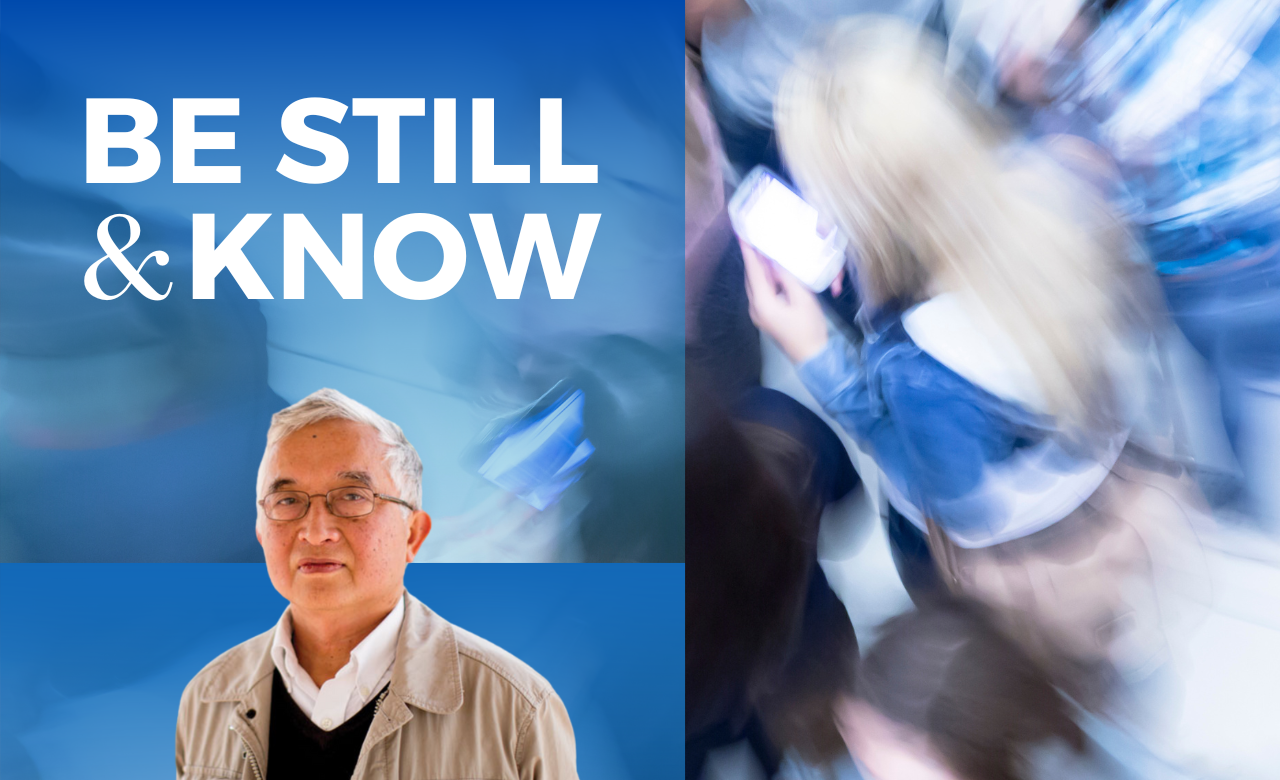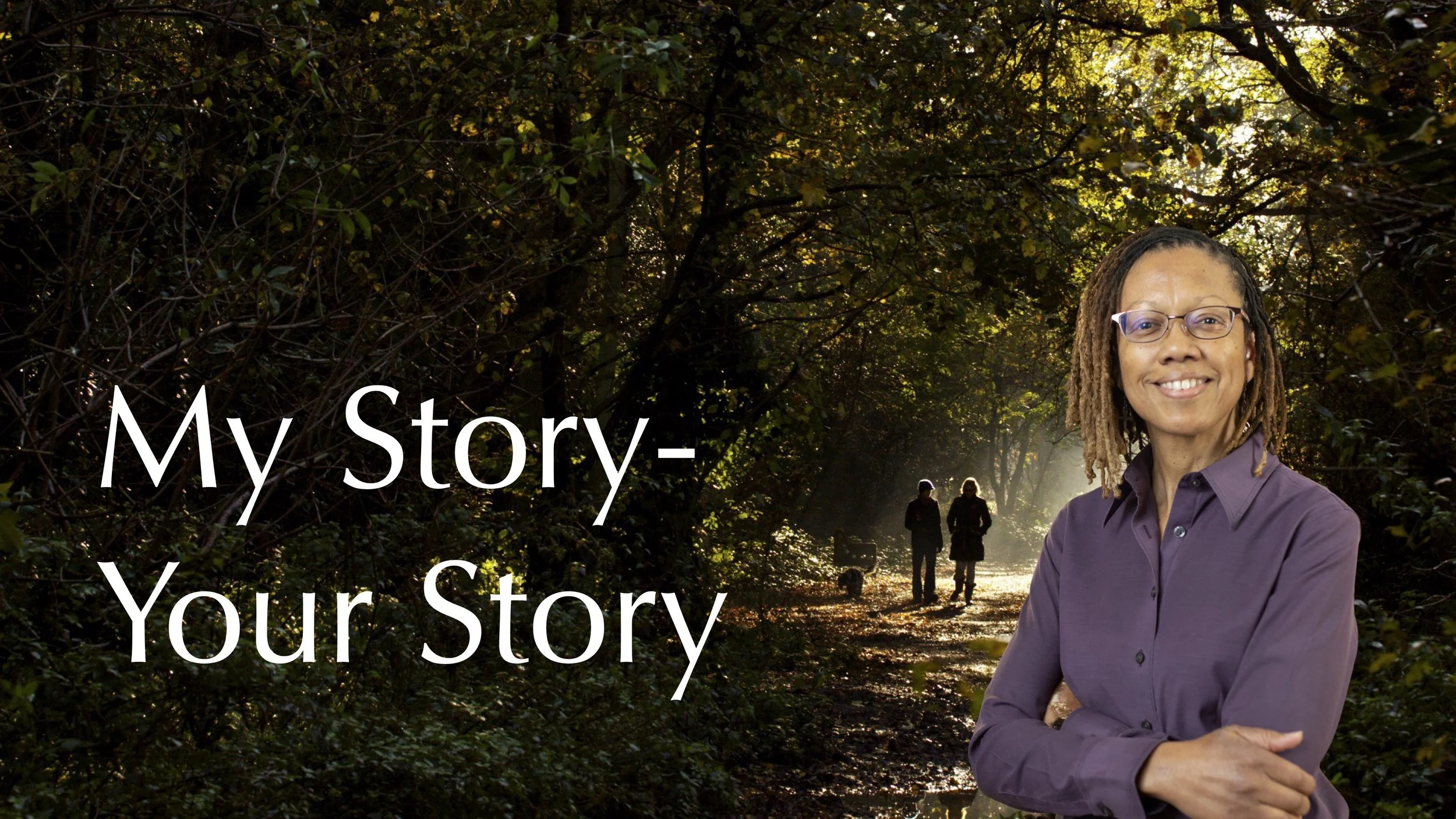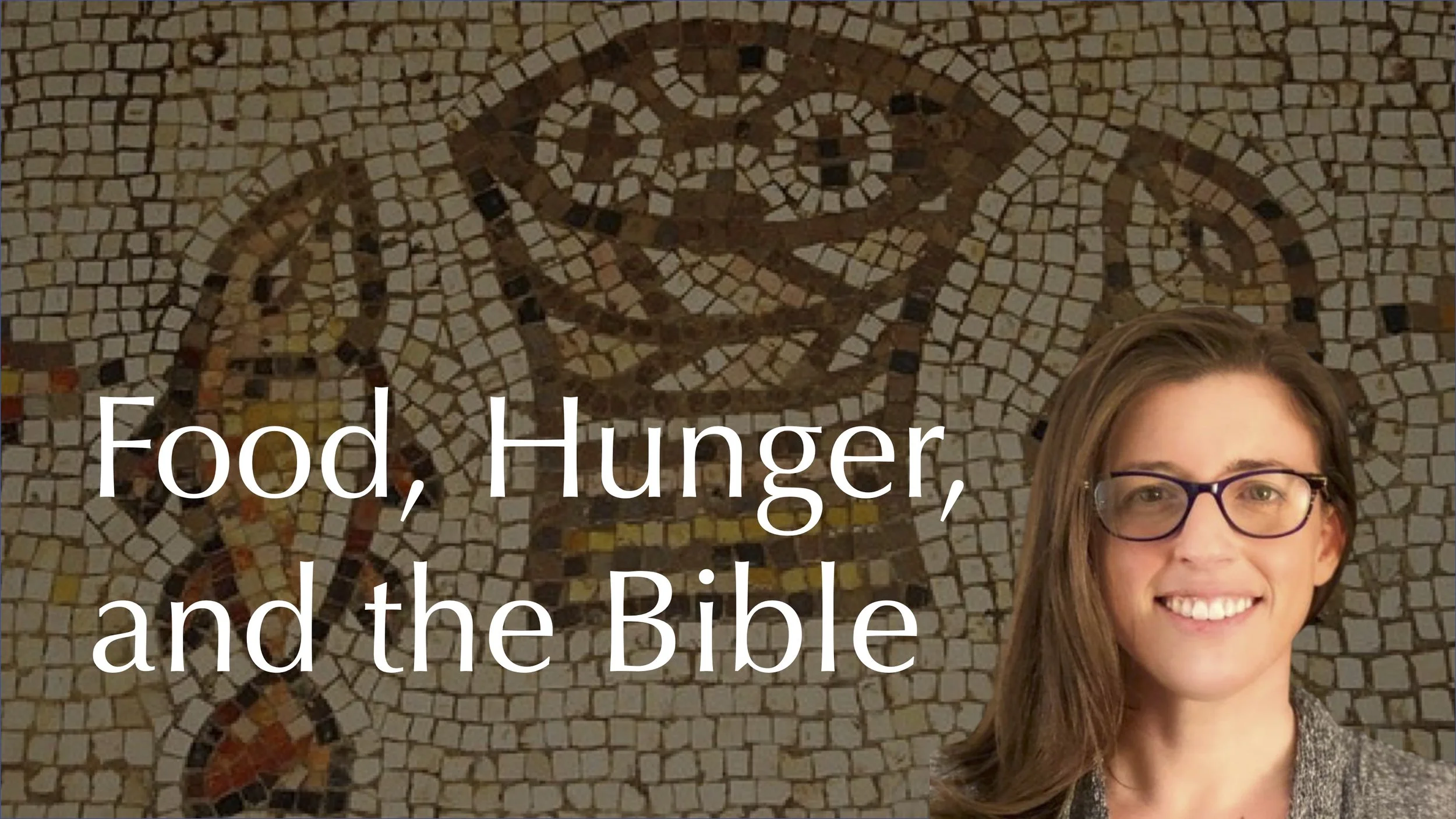WORKSHOP 2025
October 13, 2025
Missionaries of the Imagination
Fr. Ryan Duns, SJ (Marquette University)
Drawing on the Ignatian framework of Who Will You Become? An Ignatian Introduction to Catholic Theology, we will consider how engaging our students’ imaginations can shape how they see the world and discover how the Catholic theological tradition can enrich their lives. By incorporating spiritual exercises into our teaching, we can help students encounter theology not merely as an academic subject but as a way of life.
Give Ear to My Cry
Dr. Abigail Bodeau (St. Mary Seminary)
The psalms depict the entire human experience, from crushing pain to overwhelming joy. This presentation will provide teachers the resources to bring students into the heart of the psalter, and to see how the Psalms give language to their own experience.
Teaching with Humility
Dr. Cary Dabney (Walsh University)
New ideas, creativity, and strategies are necessary in responding to our pluralistic and ever-evolving and world. The primary aim of the workshop is to challenge each of us to develop culturally relevant ways to lead and connect authentically with those around us, while also maintain a neutral, yet Catholic, response to these societal changes.
Desert Fathers & Desert Mothers
Dr. Paul V. Murphy (John Carroll University)
Drawing from ancient texts and modern reflections, this presentation invites contemporary audiences to consider the enduring relevance of the desert tradition. What can these early saints teach us about commitment, simplicity, and spiritual resilience today? How might their example challenge or inspire us in our own cultural “twilight”?
WORKSHOP 2024
October 7, 2024
Teaching Creation from the Inside
Dr. Brian Robinette (Boston College)
The ancient doctrine that God created the world “from nothing” (creatio ex nihilo) is one of the most radical claims of our faith—yet we rarely reflect on its significance. This session reveals how the doctrine of creation serves as a foundational insight into the very nature of God—with practical implications for the full spectrum of Christian belief, spirituality, and practice.
Creating Courses for a Digital Generation
Fr. Maurice Emelu, Ph.D. (John Carroll University)
This session equips high school theology teachers with innovative strategies and tools to effectively engage and teach Generation Z and Generation Alpha. These generations have grown up in a digital age where technology is an integral part of their daily lives, making it crucial for educators to adapt their teaching methods.
Navigating the Age of A.I.
Dr. Malia McAndrew (John Carroll University)
In an era when generative artificial intelligence has become widespread, educators need to guide students on how to use AI as a tool to enhance learning—encouraging active engagement and critical thinking, instead of passive and uncritical word production. How can we foster ethical reasoning and open discussions around the responsible use of AI technologies?
WORKSHOP 2023
October 13, 2023
Be Still and Know
Dr. Ruben Habito (Perkins School of Theology)
Our students have a curiosity about the sacred, a desire for community, and a hunger for meaning. Do we recognize these tender shoots of the spiritual life? Are there ways we can cultivate spiritual growth within our students? What practices of prayer, meditation, or attentiveness invite students to slow down, be still, and know the love of God.
The Risk of (Catholic) Education
Drew Courter (Diocese of Cleveland)
This session looks to the Italian educator and Servant of God Fr. Luigi Giussani for insight into ways we can translate the rich Catholic intellectual tradition into a language that responds to the questions young people are asking today.
WORKSHOP 2022
October 14, 2022
Become What You Receive
Bishop Michael Woost (Diocese of Cleveland)
During this year of Eucharistic revival, join other high school theology teachers as we reflect on the presence of Christ in the Eucharist and in one another.
My Story, Your Story
dr. timone davis (Institute of Pastoral Studies, Loyola Chicago)
The boost your curriculum needs is you! Learn a few ways to incorporate your story into your curriculum to move teaching theology from a required subject to a life-giving encounter.
Food, Hunger, and the Bible
Dr. Lesley DiFransico (Beaumont School)
The theme of food becomes a focal point for reading the Bible in conversation with modern issues, questions, and concerns. Students find a personal connection, recognize that the biblical authors had concerns similar to their own, and practice experiential reflections on biblical principles of food and food justice.
WORKSHOP 2021
October 15, 2021
Renewing the Passion to Teach
Dr. Hosffman Ospino (Boston College)
The 2020 Directory for Catechesis invites Catholic educators to rekindle the passion to live and serve as missionary disciples. How do we more fully embrace our call as teachers to share, to listen, and simply to marvel at the goodness of God present in our work?
Crafting Engaging Lessons
Dr. Amy Roberts (Franciscan University of Steubenville)
A high school religion class can be so much more than learning and memorizing information. We can plan our lessons so that our students encounter and learn about Jesus Christ, and begin to hear his invitation to an ever-deeper relationship with him.
Seeing Scripture Through Jewish Eyes
Jo Bruce (Fuchs Mizrachi School)
How can teaching the Hebrew Bible provide opportunities for greater interfaith understanding? Learn how Jewish approaches to scripture draw students into a tradition of interpretation and reflection that is both like and unlike the Catholic tradition.
Service in a Post-Pandemic World
Dr. Jimmy Menkhaus (Gilmour Academy)
Service programs and immersion/mission trips are important components of Catholic education that will likely look different once the pandemic has subsided. This presentation will help participants reflect on the content, implementation, and methods of reflection for these programs—now and into the future.
WEBINAR 2020
October 16, 2020
Ignatian Pedagogy in a Digital World
Cindy Bonfini-Hotlosz (Centreity Learning Solutions)
Regardless of what school looks like this year, we all face students immersed in their screens. Cindy Bonfini Hotlosz demonstrates ways to design our teaching in order to reach this digital generation.
Catholic Spirituality and Racial Justice
Dr. Andrew Prevot (Boston College)
Who has the sinful world shaped me to be? Who does Christ call me to be? An honest wrestling with these questions in prayer, humility, and relationship, argues Dr. Prevot, is the only way to transform society and root out the injustice in our hearts.
Political Choices in a Morally Complex World
Rev. James Bretzke, SJ
For Catholics striving to uphold the fullness of the faith, election year brings no good options. How are we to encourage faithful citizenship among our students? Fr. Bretzke, SJ, discusses conscience and the common good.
CATHOLIC SCHOOLS, POPE FRANCIS, AND THE NEW EVANGELIZATION
Fr. Ronald Nuzzi, Senior Director, Alliance for Catholic Education, University of Notre Dame
Catholic schools in the U.S. have been the single most effective means of evangelization the church has ever invented. This lecture will explore the historic successes of Catholic schools, the recent World Congress on Catholic education convened by Pope Francis, and the current challenges facing Catholic schools in the next decade.
WORKSHOP 2019
October 18, 2019
Teaching Church Teaching
Dr. Richard Gaillardetz (Boston College) offers the 2019 keynote, asking: How are we to present Catholic doctrine and moral principles in ways that are compelling and credible? What do we do when students disagree? What do we do when we have our own doubts?
Christian Sexuality
Dr. Marcus Mescher (Xavier University)
Exploring ways to engage Church teaching on sexuality through student reflection on their own deep desires for belonging, identity, and intimacy.
Science & Revelation
Dr. Beth Rath (Borromeo Seminary)
Creation. Miracles. Divine Providence. How do we talk about the truth of Sacred Scripture when so much of it contradicts what science says? Session explores various models for explaining the relationship between faith and science.
WORKSHOP 2018
October 12, 2018
Moral Development: Meeting Students Where They Are, But Not Leaving Them There
Dr. Tracey Lamont (Loyola University New Orleans) presents the 2018 Keynote, asking how the developmental stages and deep culture of youth and young adults illuminates their faith.
Teaching Pascal Mystery
Dr. Christopher McMahon (St. Vincent College)
The death and resurrection of Jesus teaches that “life is attained and matures in the measure that it is offered up in order to give life to others” (Pope Francis). How do we share this truth?
Prayer in a Diverse Classroom
Gail Roussey (John Carroll University)
How do we pray--and how do we teach prayer—with students from various faiths, or with no faith background at all? How can we prepare all students for a lifetime of intimacy with God?
Living as a Disciple in Society
Dr. Krista Stevens (John Carroll University)
Catholic Social Teaching should not be the Church's "best kept secret." Explore practical ways to cultivate in students a commitment to social justice—no matter what course you're teaching.
Workshop 2017
October 13, 2017
Be Transformed by the Renewal of Your Mind
Dr. Todd Walatka (University of Notre Dame) offers the 2017 Keynote, exploring the relationship between theology, catechesis, and evangelization in order to ask the question, "What are we trying to do in the classroom?"
Jesus and Justice
Dr. Sheila McGinn (John Carroll University)
Jesus of Nazareth was deeply shaped by Jewish prophets and practices--including the practice of the jubilee year. What does this tradition mean for how we care for the poor, the migrant, and all of creation?
Church in the World
Dr. Eric Dart (Gannon University)
More and more we teach church to the unchurched. How can we convey Vatican II's vision of the church as the sign and instrument of communion with God and unity of the human race?
Islam for Christians
Dr. Zeki Saritoprak (John Carroll University)
Muslims honor Jesus as a great prophet and revere his mother Mary. How much do we really know about Islam? And how do we foster genuine understanding among our students?
WORKSHOP 2016
October 21, 2016
Teaching Gospels
Sr. Lisa Marie Belz (Gospels)
First-century Palestine is not twenty-first-century Cleveland. What are scholars saying about the world of Jesus? And why should this matter to high school students?
Teaching Sacraments
Dr. Edward P. Hahnenberg (John Carroll University)
Young people hear a lot about Confirmation and Eucharist, but what about Baptism? What is the theology of the Rites of Initiation? And why should this matter to high school students?
Teaching Morality
Fr. Damian Ference (Borromeo Seminary)
Living a moral life is hard, working for social justice is even harder. How are these two related? And why should this matter to high school students?













